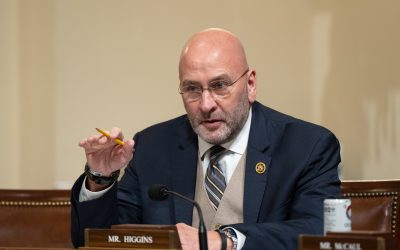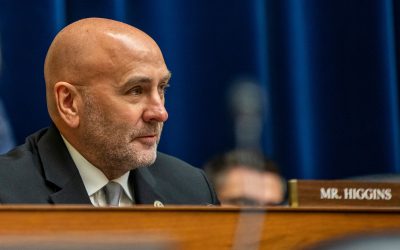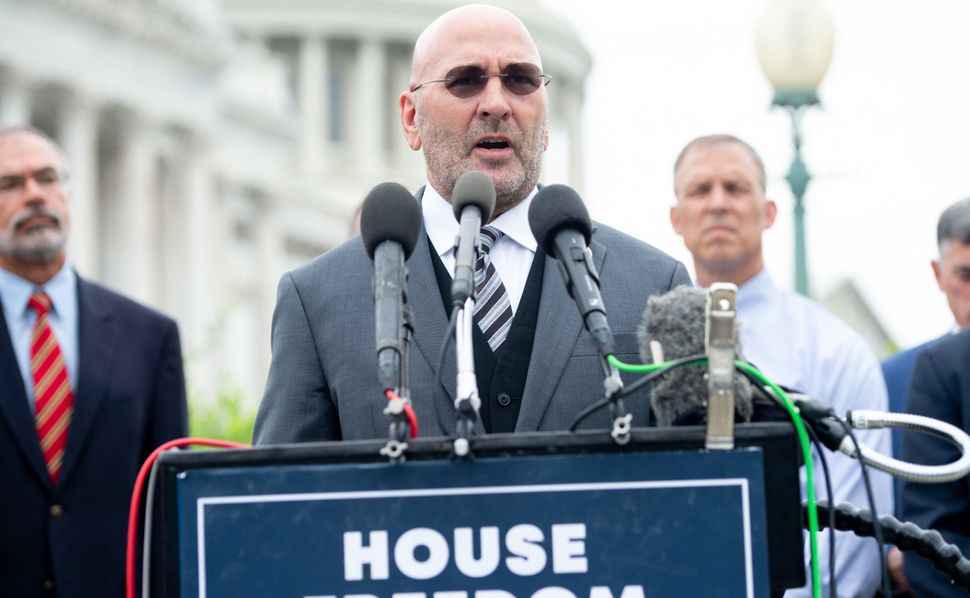President Joe Biden has put his team to work reviewing dozens of actions taken by former President Donald Trump, aiming to reverse orders that he says harm the environment or endanger public health.
For the energy sector and Louisiana jobs, the impact could be far-reaching.
Oil and gas operations are being scrutinized — from how companies extract resources from the ground to the safety of pipelines that distribute the fuels. The new president aims to transition the country to 100% renewable energy for electricity generation by 2035 and net-zero emissions in the overall economy by 2050.
Many experts agree that Biden’s actions could help the nation achieve ambitious climate goals and further enhance the renewable energy sector, driving job growth. But others worry stricter regulations could hurt companies struggling to recover from the pandemic, which decimated demand for fuel.
“A large portion of drilling activity in Louisiana is from offshore federal waters,” Mike Moncla, interim president of the Louisiana Oil & Gas Association said Friday in a prepared statement. “Biden should focus on responsible offshore energy development that will aid in nation’s economic recovery.”
Now is not the time for heightened energy costs, Moncla added. “A better approach would be to support the recovery with sustainable policies that benefit struggling Americans with affordable, reliable, American energy.”
Biden directed the Interior Department to halt all leasing for oil and natural gas exploration in the Arctic National Wildlife Refuge. But his ambitions were broader. He also ordered a 60-day moratorium on new oil and gas leasing and drilling permits on federal land, as part of a review of Trump-era rules that were designed to accelerate such activity.
Some energy analysts suggested that the moratorium could be just the first step in a much larger agenda to end drilling on federal land.
“Today’s initial suspension could give way to emergency suspension that lasts much longer, essentially ending lease sales,” said Kevin Book, managing director of Clearview Energy Partners. Biden could, for example, declare a climate emergency, rewrite land management rules, slow permitting or make leases less financially attractive.
Speculation alone had already sparked a flurry of activity. In the waning months of the Trump administration, companies began stockpiling permits to drill on federal land, and the federal government sped up approvals to help the industry.
Oil industry leaders said that restricting development on federal land might just lead the U.S. to import more oil.
“All a leasing ban will do is shift production to Saudia Arabia and Russia, which have far less-stringent environmental controls than American producers,” Naatz said.
Moncla also argued the bans wouldn’t help limit oil consumption.
“Ironically, this kind of political move to satisfy a few special interest groups will end up producing more global emissions while killing thousands of high-paying American jobs,” he said.
LOGA suggested Biden’s actions made clear he intends to “regulate American oil and gas companies out of business,” including service industries such as those located in Acadiana and south to Houma.
U.S. Rep. Clay Higgins, R-Lafayette, said Biden was “weaponizing” the federal government against the energy industry. The moratorium will “destroy thousands of oil and gas jobs, raise energy costs and increase reliance on foreign energy.”
In fact, Higgins said in a prepared statement, Biden, who has expressed his intention to combat global warming and protect the environment, will endanger the planet by turning over the task of producing fossil fuels to countries with “horrible ecological records.”
“It’s not just bad for America; it’s bad for the world,” he said of the president’s actions and possible plans.
Eric Smith, associate director of Tulane University’s Energy Institute, said most of the companies that operate in the Gulf of Mexico — about 2 million barrels a day come from the Gulf — are majors with a stockpile of leases and permits in hand. Because the order does not affect existing leases and permits, production will go on, at least for now.
“The short answer is 60 days from now, it won’t be 100 percent (impact) but it will be worse than it is now,” he said.
The effect on Acadiana is sure to be severe, he said, because no companies will invest in Gulf projects — drilling in deep water is costly and the projects take many years to complete — if there is a chance they will be denied permits. Obtaining federal permits in the Gulf involves a series of protocols, each one costly and dependent on others. That means platforms won’t be built, pipelines extended, supply ships hired or other services that are often provided by services companies that operate from Lafayette to Houma, Smith said.
Smith said the Gulf of Mexico was the “biggest source of crude oil” in the United States until the Permian Basin in Texas was developed.
Although drilling has become more expensive, the yields are more significant, Smith said, which has reduced the number of wells in deep water.
Read the full article at The Advocate.



